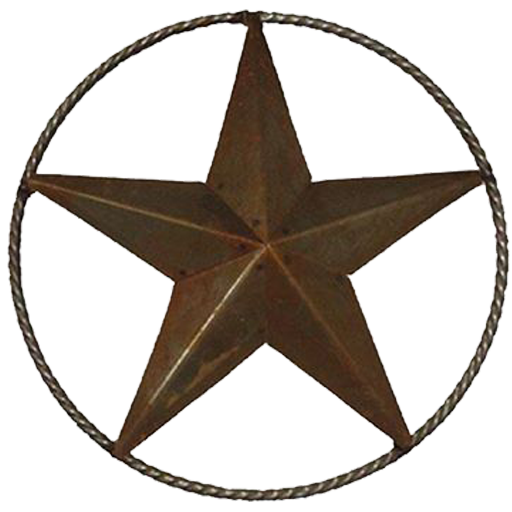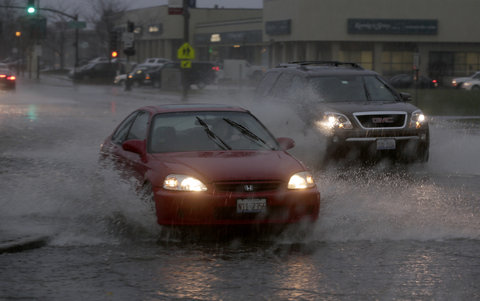If you think a homeowners insurance policy will cover you when you turn your current home into a rental property or buy an investment property, think again.
Rental properties require their own type of coverage–landlord insurance, which is different than the homeowners policy you buy when you live in a house yourself. Landlord insurance protects you against losses from fire, lighting, falling trees, wind and hail, water damage, and injury to your tenants and their guests.
But it doesn’t cover the renters household goods. So encourage tenants to buy a renters policy to cover their stuff. You can even include a clause in your lease saying they have to buy renters insurance, so everyone is clear about what’s insured and what’s not.
Landlord Insurance Is Expensive
You’ll pay 15% to 20% more for a landlord insurance policy than you will for a homeowners policy on the same — house and even more if you offer short-term rentals. Start your policy shopping by calling the company that sold you your homeowners insurance, then check with an independent insurance agent selling commercial and business policies.
Ask how you can get discounts if you have fire prevention devices, burglar alarms, or multiple properties.
What a landlord insurance policy probably will cover:
- Lightning, windstorm, hail, explosion, riot and civil commotion, smoke, falling objects, snow, ice, sleet, vandalism, sonic boom, sprinkler leakage, frozen pipes, water damage, burglary, volcanoes, and sinkholes.
- Things that belong to you that stay at the property, like appliances, furniture, or lawn care equipment. Keep an inventory of what’s on site.
- Outbuildings, like sheds or garages, although this coverage will have its own limit (probably 10% of the overall insurance policy amount).
- Costs to defend yourself against lawsuits filed by tenants or guests, as well as the costs awarded if you lose the case. Some policies cover medical bills for injuries; some don’t.
- Lost rental income if the property is damaged and you cant rent it.
What a landlord insurance policy probably wont cover:
- The tenants belongings.
- Your rental property if its vacant for more than 30 days. Seek an exemption in advance from your landlord insurance company as soon as you know the property is going to be vacant.
- War and nuclear, biological, chemical, or radiological attacks.
Optional coverage you might want to buy:
- Flood
- Earthquake
- Vandalism (if the policy you buy excludes it)
- Pool and tennis court insurance
- Liability for personal injury, wrongful eviction, wrongful entry, libel, and slander
Don’t Forget Liability Coverage
To cover yourself in case you lose a big court case filed by an injured tenant, buy an umbrella insurance policy that gives you liability protection for 1 million to 5 million or more if you have a lot of assets to protect.
Don’t File a Claim Unless You Absolutely Have to
There’s a limit to how many claims you can file before insurance companies start charging you more or canceling your policies. Claims can quickly add up as you buy more rental properties.
One time you always want to file a claim is when someone says they’ve been injured on your property. One claim you’ll want to avoid filing: water damage for less than 10,000 because worries about mold growing in water-damaged properties will lead some insurers to immediately cancel your insurance policy.
This article appeared at HAR.com at: https://www.har.com/blog_93683_understanding-landlord-insurance



